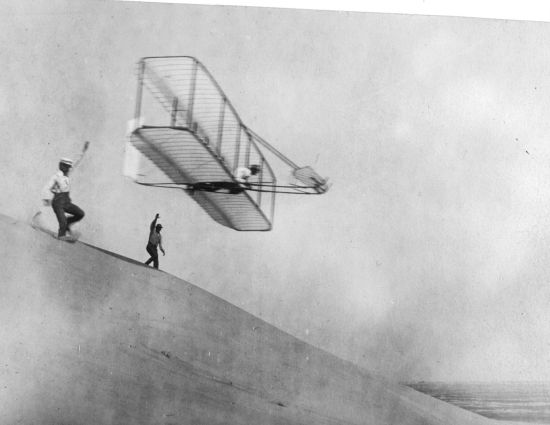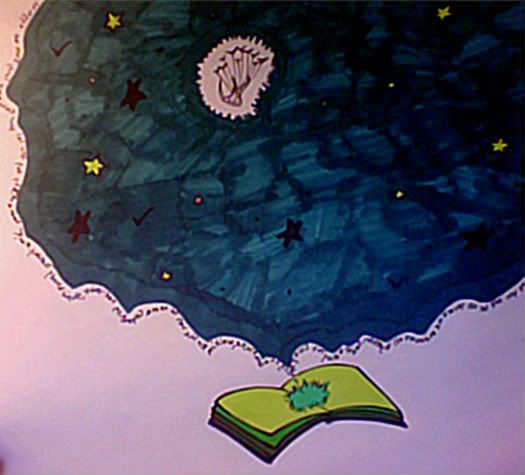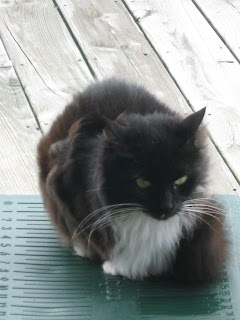 He [Dad] said, "Well, what would happen if a plane dropped you in the middle of the Sahara Desert and you picked up a single grain of sand with tweezers and moved it one millimeter?...you changed the Sahara...So the Sahara is a vast desert. And it has existed for millions of years. And you changed it!" (p. 86)
He [Dad] said, "Well, what would happen if a plane dropped you in the middle of the Sahara Desert and you picked up a single grain of sand with tweezers and moved it one millimeter?...you changed the Sahara...So the Sahara is a vast desert. And it has existed for millions of years. And you changed it!" (p. 86)I think many times we forget how much our actions change more than just our own lives. From the quote taken in Extremely Loud & Incredibly Close, Oskar's dad explains how even a little change is changing the course of everything. Specifically, a grain of sand moved from its original position changes what was considered the Sahara Desert. More radically, the position of each and every grain of sand made it "the Sahara". Of course, wind and other natural occurrences changes the position of sand constantly, but if we were to move that single grain of sand, we have forever changed the course of that grain of sand that made the Sahara. If that same concept of radical change is present in such a mindless and effortless action of moving a grain of sand, doesn't that make our intentional actions much more world-changing?
As in the photograph above, it is an illustration of the Wright brothers flying one of their experimental planes. Though we don't know their ultimate intentions, we can be sure that their efforts have changed the course of history today. Planes are used in combat, transportation, and the study of aerodynamics. They have changed how the government moves consistently from place to place...how celebrities and music artists can be from one city to another in a matter of hours. They have changed businesses and corporations. We know for a fact they have changed our lives.
Now, how can this be applied to our lives today? In history, who would have thought that crashing into two towers would have been what pushed us into war. Did the terrorists foresee this? Probably not. They might have expected to be hunted down...almost no doubt there. But to cause a war? That was almost out of the question.
If we really think about it, our actions in our own personal lives do the same. If I go to this university, will I meet the love of my life? If we marry this certain person, what types of children will we create? The next Einstein? Hitler? Next U.S. president? Will our children end the human race? All this because of one decision that sparked it all.
Though we may not know it, it seems we control the mainstream, the government, the course of history... even if it's just a little: You changed it.
- Karl Abordo



















